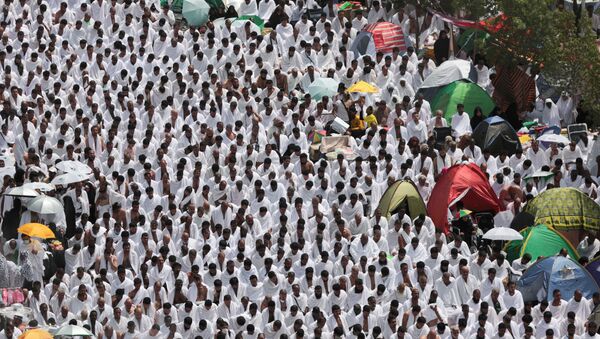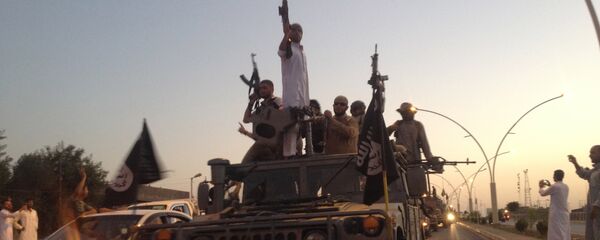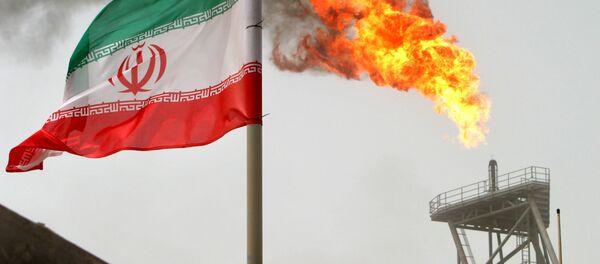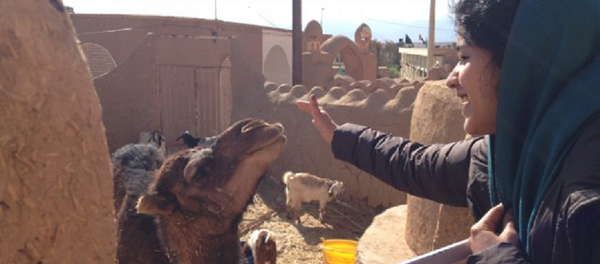The biggest problem for Iranian pilgrims, Sputnik Persian explains, revolves around difficulties in obtaining access to consular and visa services.
Earlier this year, Saudi Arabia unilaterally severed diplomatic relations with Iran after protesters stormed the Saudi Embassy in Tehran, in response to Riyadh's execution of Shia Muslim cleric Nimr al-Nimr on January 2.
"A year ago, the situation was quite different," Sputnik Persian notes. Iran received a quota of 75,000 pilgrims, almost all of which was filled, according to official data. And there were no difficulties with obtaining the visas, with pilgrims appealing under the quota system to the Saudi Consulate in Tehran, and receiving additional support inside Saudi Arabia.

This year, "the situation has changed, and this includes a shift in psychology. Many potential Iranian Hajj participants are convinced that because of the aggressive behavior of Saudi authorities against Iranian citizens, it would be better to postpone the pilgrimage for better times."
For now, "the question of solidarity remains an open question. Will Iranian authorities appeal to their citizens not to travel to Mecca? Perhaps potential pilgrims will work out some common position of their own?"
Most likely, the decision will be based on past experience. And for Iran this experience has been a bitter one. "It's enough to recall the massacre of Iranian pilgrims in the 1980s, with Supreme Leader Ayatollah Khomeini even issuing a fatwa to prohibit Iranians from making the Hajj" following the tragedy.
Iranians who refused to abide by the Ayatollah's decree were forced to make the trip through a series of detours, through Turkey, Afghanistan and other countries, racking up tens of thousands of dollars in spending on airfare and black market Saudi visas (which could cost between ten and twenty thousand US dollars.
At the same time, it is impossible to make any guarantees for these peoples' safety while they are in the Kingdom. In the context of mutual hostility, the probability of a repeat of the kind of disaster that took place last year grows.
Last year, 464 Iranian pilgrims were killed following a stampede which caused the deaths of over 2,400 pilgrims.







